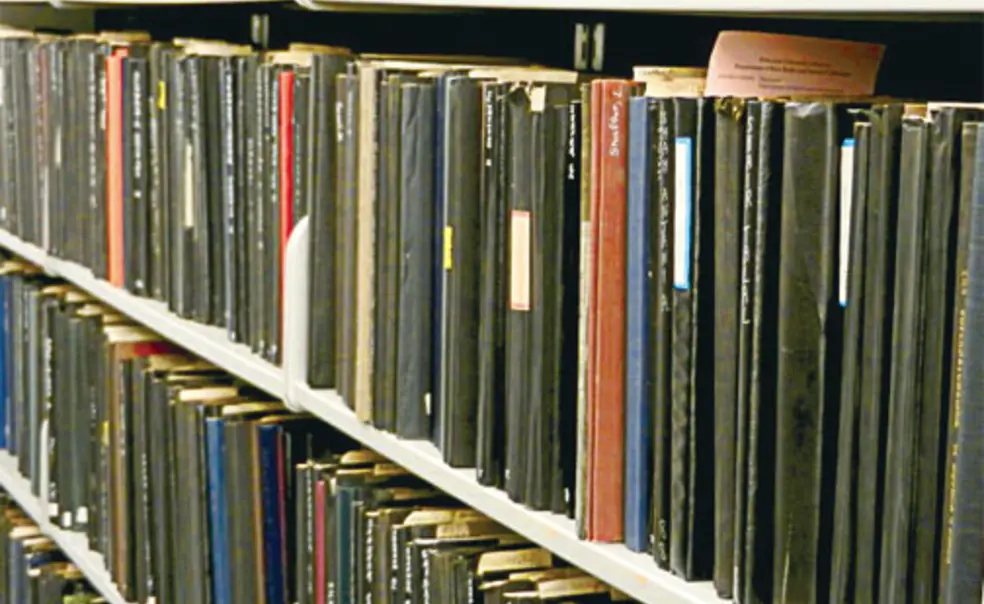Assessing Student Achievement
In their recent book, Academically Adrift: Limited Learning on College Campuses, sociologists Richard Arum and Josipa Roksa paint a gloomy picture of our nation’s colleges and universities, suggesting that students, faculty, and administrators are generally failing to place the emphasis they should on the transmission and acquisition of knowledge. “How much,” they write, “are students actually learning in contemporary higher education? The answer for many undergraduates, we have concluded, is not much.” This verdict is echoed by Harvard’s President Emeritus Derek Bok, who writes in his 2007 book, entitled Our Underachieving Colleges, that “Many seniors graduate without being able to write well enough to satisfy their employers. Many cannot reason clearly or perform competently in analyzing complex, non-technical problems, even though faculties rank critical thinking as the primary goal of a college education.”
These judgments would appear to fly in the face of the universally held view that our system of higher education is one of the brightest jewels in the American crown, not to mention in the face of the experience of the vast majority of Princeton graduates.
In response to these national concerns, a number of prominent education policymakers and foundations have seized upon the idea of adopting standardized tests to hold colleges and universities accountable for student achievement. One such instrument in current use is the Collegiate Learning Assessment, or CLA, a standardized test designed to measure the gains in aggregate ability of undergraduates to “think critically, reason analytically, solve problems, and communicate clearly and cogently” at different points in their studies. Although it is neither a gauge of subject-specific knowledge nor a suitable basis for judging individual performance, the CLA was singled out by former Secretary of Education Margaret Spellings’ Commission on the Future of Higher Education as a means of fostering “a culture of evidence-based assessment,” part of a national drumbeat to develop quantitative and comparative tools with which to measure students’ progress both within and between institutions.
Now, American higher education is certainly not without its problems and challenges. There are serious issues relating to access and cost that need to be addressed at a national level, and there are undoubtedly students, faculty, and administrators whose commitment to teaching and learning is not what we would wish. But I do not believe that standardized tests can accurately measure the quality of teaching and learning that occurs on our campuses or magically fix what ails them. On the contrary, to adopt these instruments is to run counter to the very eclecticism that defines our system and is, I would argue, its foremost strength. In our educational free market, students are offered a multiplicity of choices — from large public universities to intimate private colleges; from schools that specialize in the creative and performing arts to those that focus on science and engineering; from divinity schools to military academies. The students and faculty they attract have different talents, expertise, and aspirations, and just as their chosen “way of knowing” varies, so, too, does the means by which this knowledge is most effectively assessed.
Standardized tests presuppose and demand a level of homogeneity that does not exist in American higher education, and in seeking to use them, proponents will either develop the kind of evaluative straightjacket produced by “No Child Left Behind” or embrace a common denominator that is so generic as to be meaningless. They risk the kind of teaching and learning “to the test” that we have seen in American public schools. But then advocates of “evidencebased assessment” are inclined to discount all but their own evidence, including the exams, papers, problem sets, and other ways in which your progress was judged. And they certainly have no way of capturing what Woodrow Wilson called the “spirit of learning,” including the benefits that come from the close interaction between professor and student that defines a Princeton education and is embodied in its academic bookends — the freshman seminar and the senior thesis. Neither experience can be quantified or compared, for every seminar and every thesis differs in conception and execution, nor can a freshman’s performance in the one be weighed against a senior’s in the other to document improvement.
If the goal of this movement were simply educational excellence, my quarrel would not be with its ends but only with its means, but many proponents of standardized testing have a larger agenda, namely, to hold colleges and universities accountable to an external authority whose benchmarks trump those of the institution. This poses a serious challenge to the long and revered American tradition of respecting the academic autonomy of colleges and universities — what former Supreme Court Justice Felix Frankfurter called “the freedom of an institution to decide who may attend, who may teach, what may be taught, and how it shall be taught.”
The remarkable range of ideas and experiences that academic freedom nurtures can and should be measured in many ways, and where deficiencies in teaching and learning exist, they must be rectified, but standardized tests are not the answer. Our focus should be on cultivating independent minds, not uniform assessment tools.














No responses yet